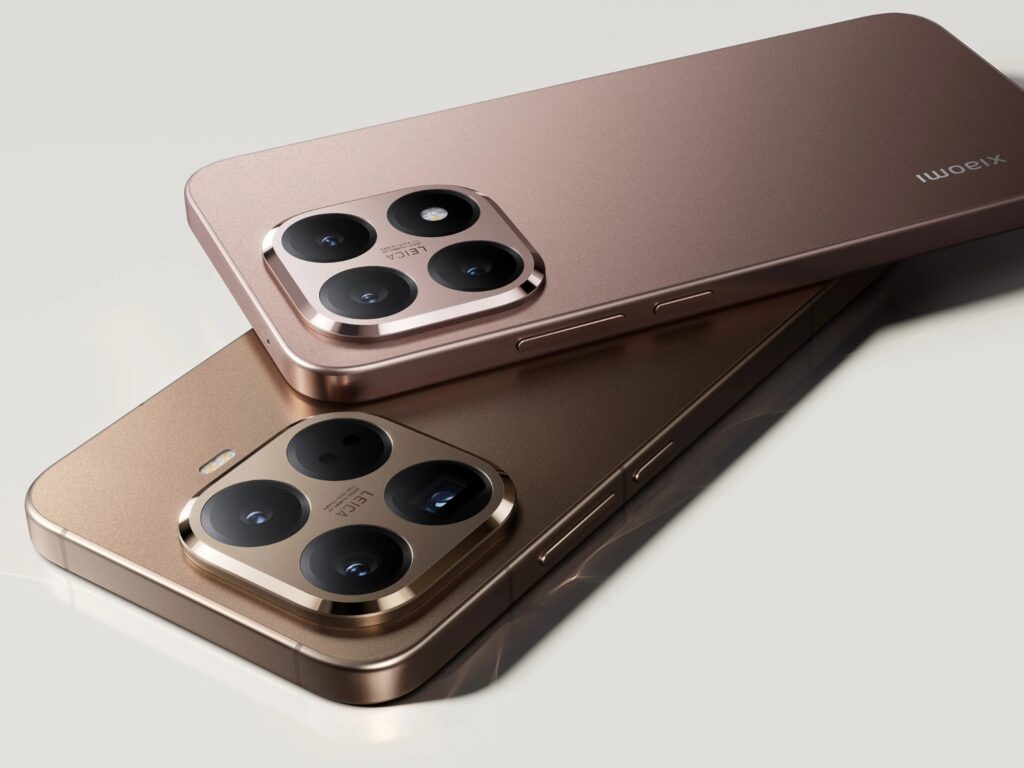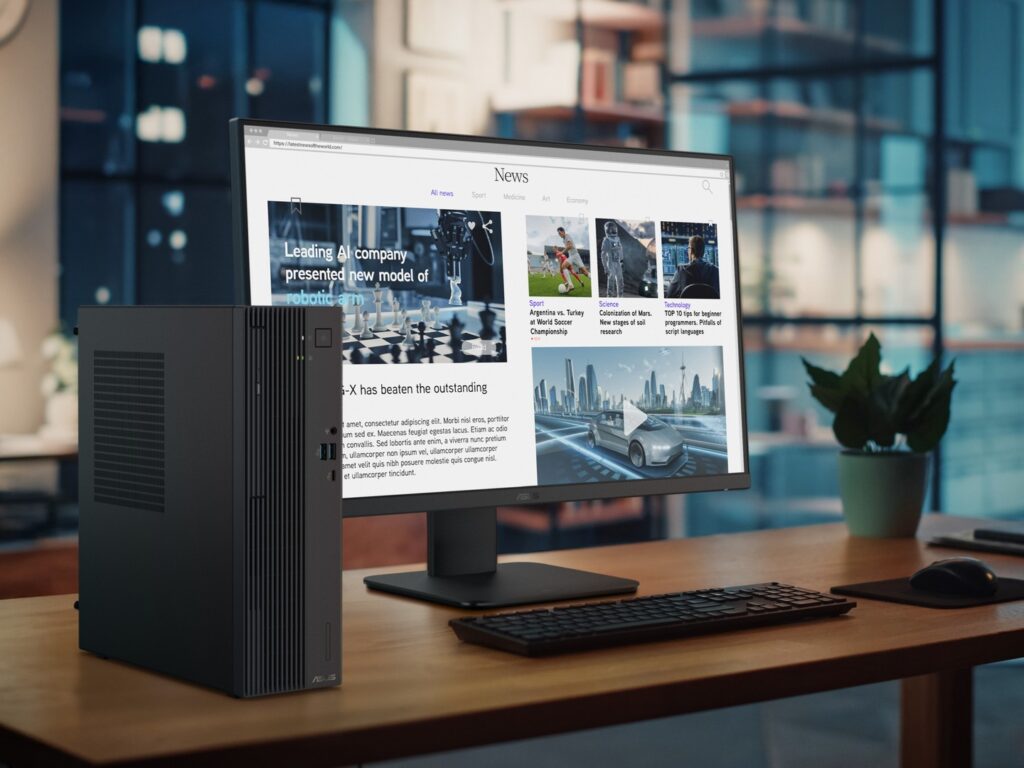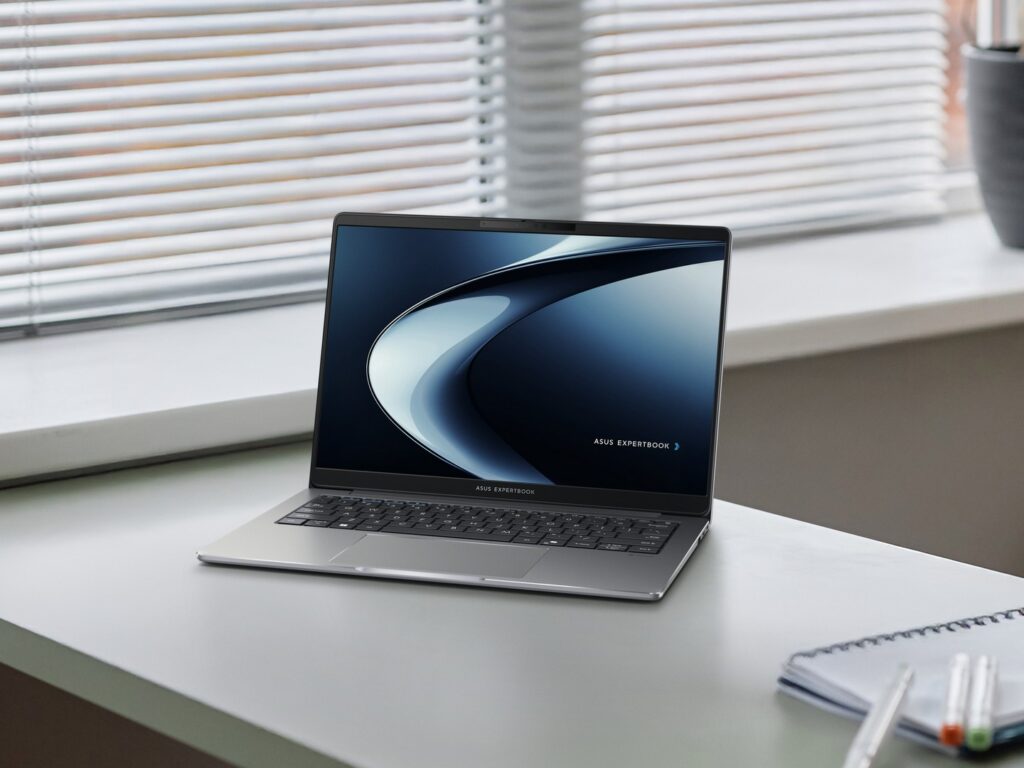HUAWEI’s HarmonyOS Faces US Opposition Amid Global Expansion Plans
A bipartisan group of US lawmakers is reportedly pressing the United States and its allies to impede the global expansion of HUAWEI’s HarmonyOS operating system. Citing national security concerns, the legislators believe that the Chinese government could potentially exploit the operating system for espionage activities, mirroring concerns previously raised about HUAWEI’s hardware.
Letter Sent to Key Administration Officials
According to a report by Nikkei Asia, a letter penned by House Select Committee on the Chinese Communist Party ranking members, Republican John Moolenaar and Democrat Raja Krishnamoorthi, has been sent to key figures in the Trump administration. The letter urges Secretary of State Marco Rubio, Commerce Secretary Howard Lutnick, and Federal Communications Commission (FCC) Chairman Brendan Carr to collaborate with allied nations to prevent HarmonyOS from becoming entrenched in devices worldwide.
HarmonyOS Seen as Potential Espionage Tool
This move signifies an escalation of US efforts to counter perceived threats from Chinese technology, following previous restrictions on HUAWEI’s Ascend AI chipsets. Lawmakers now consider HarmonyOS, a system used in a wide array of devices including smartphones, tablets, PCs, vehicles, and smart devices, a significant risk to US national security.
The letter explicitly states, “Given the serious national security and geopolitical implications associated with foreign adversary operating systems, it is critical that HarmonyOS be thoroughly scrutinised and that we work with our allies and partners to prevent it from becoming embedded in devices across the world.”
Allegations of Chinese Government Influence
The legislators argue that because HUAWEI complies with Chinese laws requiring cooperation with state intelligence efforts, China could leverage HarmonyOS-powered products for cyber exploitation and to advance digital authoritarianism. They emphasise the need for a thorough examination of HarmonyOS’s architecture and codebase and advocate for informing allies about the potential risks associated with the operating system.
Furthermore, the lawmakers suggest that the US government should actively encourage its partners to prioritise trusted operating systems over those deemed risky. This initiative to target Chinese operating systems follows the precedent set by stricter regulations imposed on HUAWEI’s Ascend AI chips.
HUAWEI’s Global Expansion Continues

Next week, HUAWEI will unveil its first personal computer powered by HarmonyOS. The company is also actively expanding its HarmonyOS-based smart driving solutions through partnerships with global automotive giants such as Toyota and BMW. The long-term ramifications of these developments for both HUAWEI and the United States remain a subject of close observation.
HUAWEI’s HarmonyOS was first launched in August 2019, developed as an alternative operating system following US sanctions that restricted the company’s access to Google’s Android ecosystem. HUAWEI designed HarmonyOS as a microkernel-based distributed operating system that runs across various device categories, enabling seamless connectivity and collaboration between them.
The US government has long warned that HUAWEI’s technology poses security risks because the company’s close ties to the Chinese government could enable espionage or create vulnerabilities in critical infrastructure. Chinese laws compel companies to cooperate with national intelligence agencies when requested, which roots these concerns.
Previous actions by the US government against HUAWEI include placing the company on the Commerce Department’s Entity List, which restricts US companies from doing business with HUAWEI without specific licenses. These restrictions have significantly impacted HUAWEI’s global smartphone business and its access to key technologies.
Future Implications
The current push to scrutinise and potentially block the global expansion of HarmonyOS represents a broadening of these concerns from hardware to software. The worry is that even if HUAWEI uses its own operating system, it could still pose a security risk if the OS contains backdoors or mechanisms for data collection that the Chinese government could exploit.
HUAWEI has consistently denied these allegations and asserted that its products and technologies are secure and do not pose a threat to any nation’s security. The company emphasises its commitment to international standards and cybersecurity best practices.




